Your Partner in Recovery
We are a physician-led, nationwide network of addiction treatment centers providing evidence-based, expert care for addiction and mental health conditions.
45K+
Lives impacted
K+
Professional credentials
+
Locations nationwide
+
Specialized treatment programs

Changing Lives Nationwide
Our compassionate, evidence-based care is available across the country through a full continuum of care offered in our facilities.
We work with healthcare providers, organizations and individuals to connect those in need to life-saving addiction treatment and mental health support that repairs lives, families and the surrounding communities.
Through our partnerships with Baptist Health South Florida and Cooper Health, we’ve expanded access to high quality behavioral health care in more communities. Our community outreach team helps other health providers quickly and easily refer patients in crisis into our care. These relationships have helped thousands of patients start the life-changing treatment they needed to overcome addiction.
Physician-Led
Founded by doctors, our facilities and treatment programs are led by licensed, experienced addiction professionals.
Employer Support
We support businesses who need to refer team members into treatment so that they can get the help they need and get back to work.
Easy Referrals
We work with other health care providers, hospitals and treatment centers to quickly refer patients into our care, often with same or next day-admissions.
Joint Ventures
We partner with other health care providers and large hospital systems to expand access to high-quality, evidence-based addiction treatment in more communities.
Find Your FORTITUDE
We designed the FORTITUDE program to allow veterans and first responders address trauma with high-quality programming among their peers that’s led by trained clinical professionals who are passionate about working with these communities.

Recovery Is Our Mission
Don’t just take it from us. Read what our patients are saying about their great experiences at our facilities.
